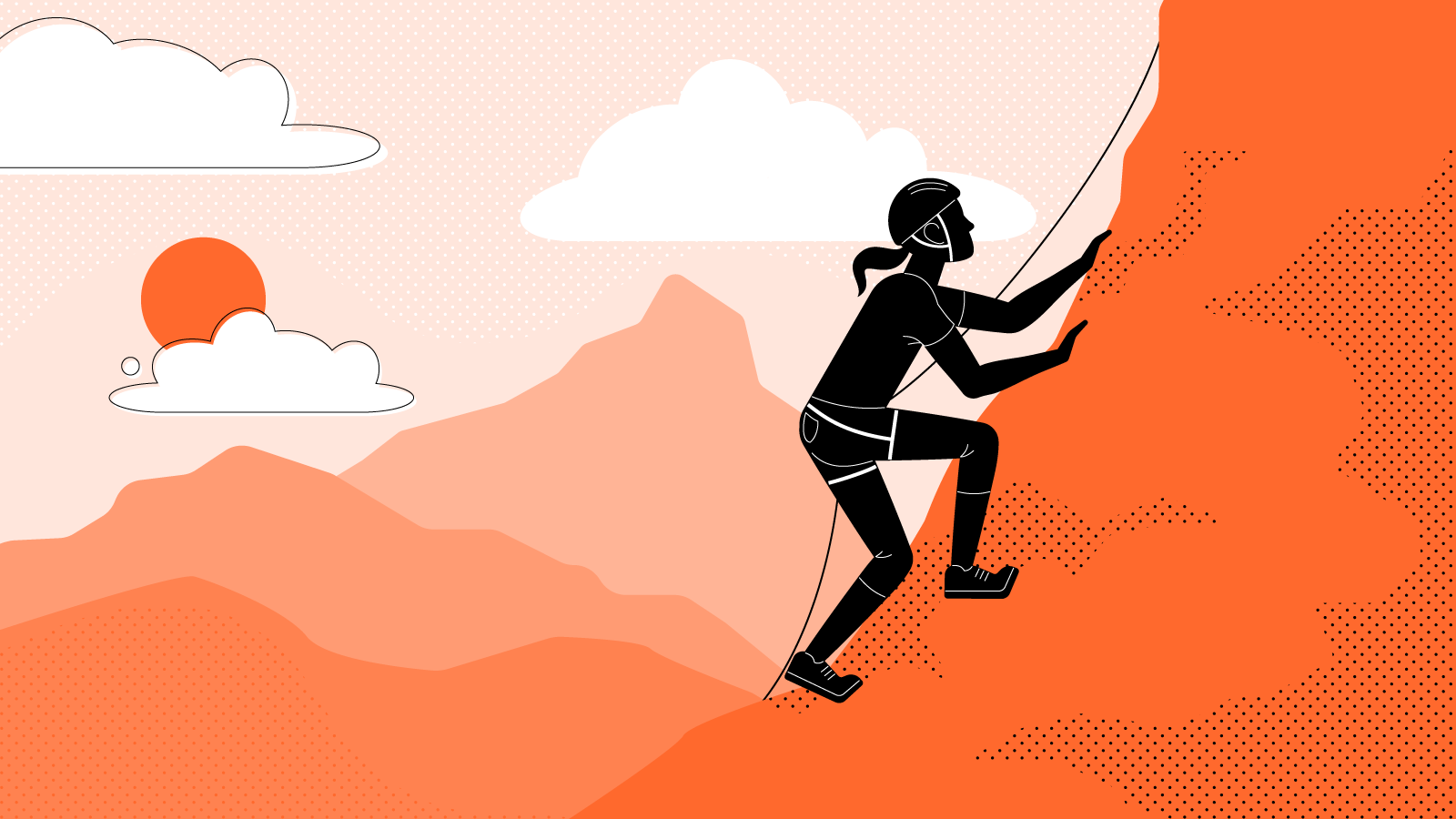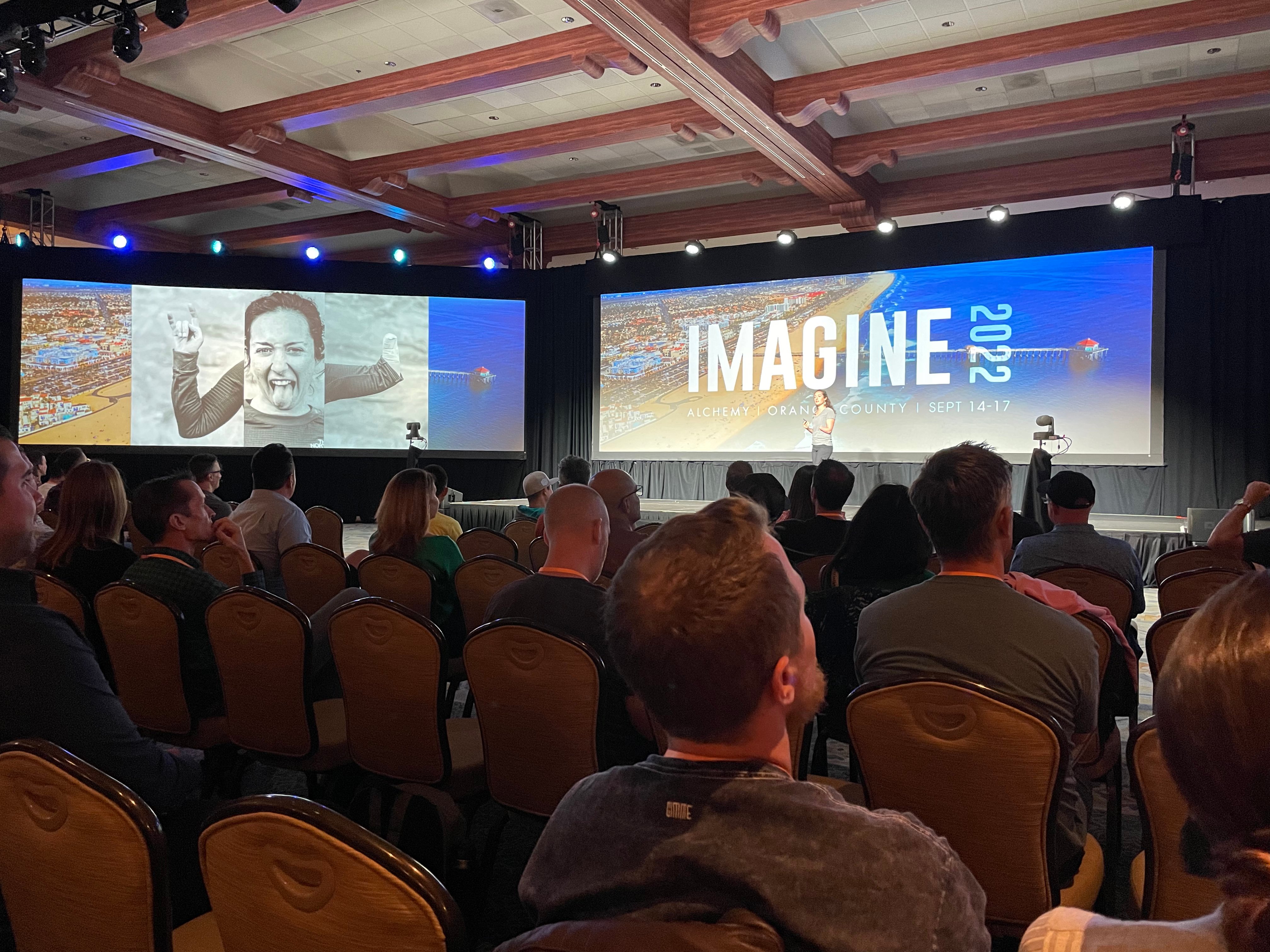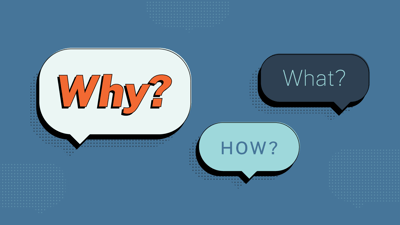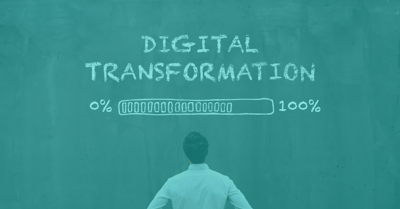Leadership Lessons From a Champion, One-Handed Rock Climber

When you surround yourself with good people, whether you hire them or hang out with them, you can’t help but want to discover the best version of yourself.
For me, I enjoy learning from people smarter than me or drawing comfort from those who walk in similar shoes or being inspired by victors over enormous odds.
It’s no wonder, then, that I look forward to my time with the Entrepreneurs’ Organization, an international organization of successful business owners and founders.
At our recent regional conference, I heard a talk by Maureen Beck. Literally a rock star, this world champion competitive climber was born without a left hand.
Let me say right here and now that I’d love just a tiny fraction of her courage, and that in no way does my life parallel hers of heroic triumphs.
Nevertheless, as she spoke, my brain’s metaphor machine related much of what she said to my own experiences (which is arguably the whole point of a truly inspirational speaker).

“If you’re not failing, you’re not getting better, whether it’s literally falling or whether it’s not getting to the summit. You're only getting better through failure.”
– Maureen Beck
Truer words were never spoken. Afterall, what would you improve if there’s no need to? And why would you do it?
For those who find success in life, failure is just a next step in any process. Like Edison once said, “I have not failed 10,000 times—I’ve successfully found 10,000 ways that will not work.”
Many of my failures of note (thankfully less than 10,000) originate with the numerous fundraising approaches I tried in my early nonprofit days.
Some were conventional and others less so, but generously speaking, none were remarkable. However, each helped to weed out a loser and hone the next brilliant failure.
When I finally locked onto the winning methodology, we doubled our revenues in one year.
Even though this admittedly impressive success launched CauseMic years ago, failure is still an option for me and us.
And I’m glad it is—because each course correction strengthens our efforts as well as my desire to help our clients succeed.
Don’t get me wrong. Entrepreneurship can certainly push you to frustration, especially when you seemingly do everything right and still fail.
Like outfitting an office with great equipment, amenities, and décor, only for it to become a barren landscape because of something called a pandemic.
And at CauseMic, we have our moments with various situations. For example, a flawless digital marketing plan turns out to be useless when the client’s technology lacks a necessary feature.
Who knew? The point is, after every setback, we dust ourselves off and wade once more into the fray. It seems that addressing failure makes for a better us.
Why is that? How come some of us don’t just give up and give in when we hit a brick wall?
At least for Maureen and me, it likely stems from some sort of suffering at a young age and how we dealt with it. Perhaps you’ve experienced a similar Aha! moment as well.
“I learned about my love of suffering at summer camp.”
-Maureen Beck
One year, Maureen was sent to a camp for kids with disabilities. She hated it, because she never considered herself disabled and couldn’t identify with those that were.
She especially didn’t like being excused from rock climbing because of her missing hand. So after uttering the age-twelve version of “F--- You,” she tried it. And thus it all began for her.
My suffering was at a much lower threshold, but I claim it nonetheless.
I spent hundreds of hours at Shorty’s, our family-run restaurant in New Hampshire. I rolled silverware, vacuumed, washed dishes, and cleaned the restrooms. I sat on a steel kitchen table and watched in amazement as prep cooks cut hundreds of onions.
Child labor laws notwithstanding, I loved it!
Everyone there took pride in making Shorty’s a success. It taught me the value of hard work and how much fun collective suffering can be if you have a shared goal.
Today, that’s an important characteristic of a CauseMic team member: having a genuine desire for both personal and company success.
I also learned something else at Shorty’s: if you choose to lead, you’re a leader.
My godmother was never before a restaurant owner. But then overnight, she was in charge of everything and everyone at a restaurant because she chose to be.
To be sure, just making the decision to be anything is a big step. Independent of experience, it has more to do with commitment, responsibility, and at least a starter-kit of confidence.
It’s a way to find your identity and to do something about it.
Like Maureen told us, “If you make a choice to climb, you’re a climber.” So if you choose to write, you’re a writer. And if you choose to lead, you’re a leader.
That said, however, one still has to overcome their fears that go along with the choice. Am I good enough to climb, to write, to lead?
For example, at age 20, I ran an agency’s media buying department. When I was 23, I oversaw a staff of 65 as an assistant administrator at a skilled nursing facility. And at 25, I ran development operations for Team Rubicon that scaled from $250,000 to $40 million in annual revenue during my watch.
A year later, I founded CauseMic, a social impact company that has grown to millions of dollars in revenue.
I had no experience with any of these positions, and I certainly wasn’t a social entrepreneur. I simply chose to manage or lead, and so I did.
Yet, I still had to get past the all-too-real “impostor syndrome,” thinking I’d be found out as someone ill-equipped to run things.
Maybe I’m no different than Maureen when she said, “I think I’m a ‘fake it till you make it’ person.” Only when I started believing I was where I should be did I overcome that feeling.
Regardless of experience or fear, choosing what you want to be and going for it points you in destiny’s direction.
When Maureen chose to buck the odds and climb in summer camp, she forged a path to her true home and purpose.
My choices did that for me as well.
I am a builder and a doer. I found my home and purpose in building a social impact company that prioritizes its people and impact alongside profit.
I am not a maintainer. The day I embrace the status quo is the day I hang up my business cleats. I’ll keep exploring better ways of running CauseMic for our team and our clients.
And just like Maureen Beck, I hope I never find my limits!


